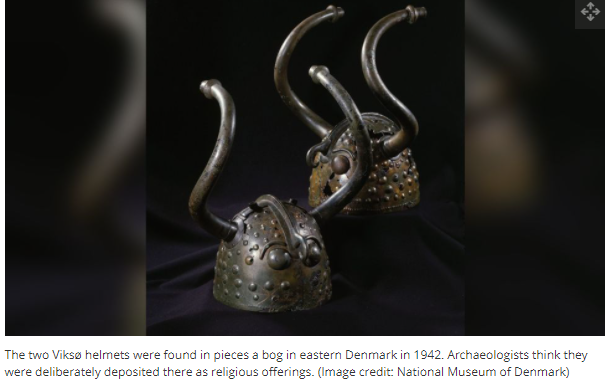Written by the TreasureGuude for the exclusive use of the Treasure Beaches Report.
 |
| Source: See LiveScience link below. |
The signs that the Musi River might hold the secrets of Srivijaya first emerged in 2011, when construction workers began to dredge sand from the Musi for large construction projects. Glittering artifacts appeared with the sand, leading many local workers and fishermen to moonlight as divers, using hoses attached to compressed air tanks to breathe as they probed the river bottom with iron rods. This amateur method often caused damage to more fragile artifacts, such as porcelain, wrote John Miksic, a professor of Southeast Asian studies at the National University of Singapore, in a paper presented in 2012 at the conference of the European Association of Southeast Asian Archaeologists. Artifacts included bronze statues of Buddha, glass beads, stamps used to imprint words on clay, and scale weights probably used by merchants, according to a 2012 newsletter article by Miksic...
Divers probing the muddy river bottom have hauled up hundreds of figurines, temple bells, tools, mirrors, coins and ceramics. They have found golden sword hilts and gold-and-ruby rings, carved jars and wine jugs and flutes shaped like peacocks.
These treasures all point to one thing: Scientists have located the lost city of Srivijaya, once a wealthy and powerful port along the ocean trade route between East and West. Srivijaya, which was ruled by a king, controlled the Straits of Malacca between the mid-600s and 1025, when war with the Indian Chola dynasty broke the city's power. From then on, Srivijaya declined in influence, though trading there continued for another two centuries, according to historians. The last Srivijayan prince, Parameswara, attempted to regain control of trade in the region in the 1390s, but he was soundly defeated by forces from the nearby kingdom of Java; afterward, Srivijaya and its surroundings became a haven for Chinese pirates....
Here is the link.
Long-lost 'Island of Gold' resurfaces in Indonesian river | Live Science
---
 |
| Source:See LiveScience link below. |
Two spectacular bronze helmets decorated with bull-like, curved horns may have inspired the idea that more than 1,500 years later, Vikings wore bulls' horns on their helmets, although there is no evidence they ever did.
Rather, the two helmets were likely emblems of the growing power of leaders in Bronze Age Scandinavia.
In 1942, a worker cutting peat for fuel discovered the helmets — which sport "eyes" and "beaks" — in a bog near the town of Viksø (also spelled Veksø) in eastern Denmark, a few miles northwest of Copenhagen. The helmets' design suggested to some archaeologists that the artifacts originated in the Nordic Bronze Age (roughly from 1750 B.C. to 500 B.C.), but until now no firm date had been determined. The researchers of the new study used radiocarbon methods to date a plug of birch tar on one of the horns...
Here is that link.
---
Resting on the seabed, just eight feet below the water’s surface – traversed by thousands of yachts visiting Antigua’s prime tourist hub – one centuries-old ship lay undiscovered for more than 200 years.
Local historians had suspected that Tank Bay at the entrance to Nelson’s Dockyard may be hiding a historic vessel.
But this week that theory was finally proven when a team of visiting archaeologists confirmed the presence of a wreck measuring more than 40 metres in length and built to 18th century navy specifications...
Here is that link.
---
 |
| Source: MagicSeaWeed.com. |
Looks like we might have a little more interesting hunting. Four-to-seven-foot surf is definitely enough if the other factors are favorable. Unfortunately, some of the more vulnerable spots won't be very accessible with the beach closures.
Happy hunnting,
TreasureGuide@comcast.net